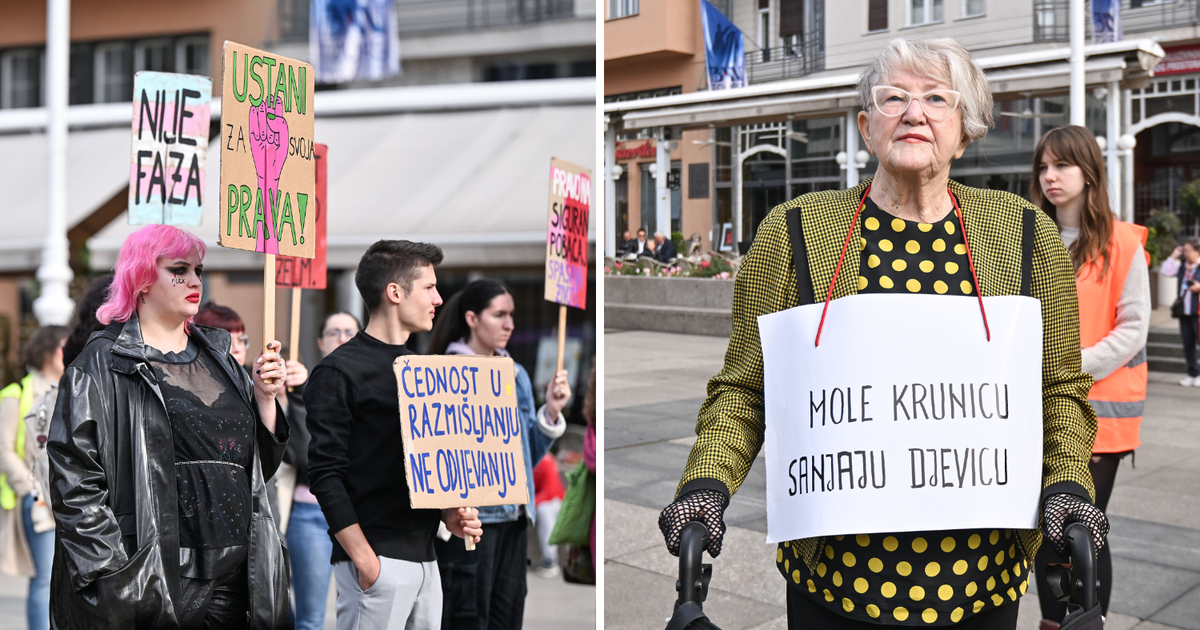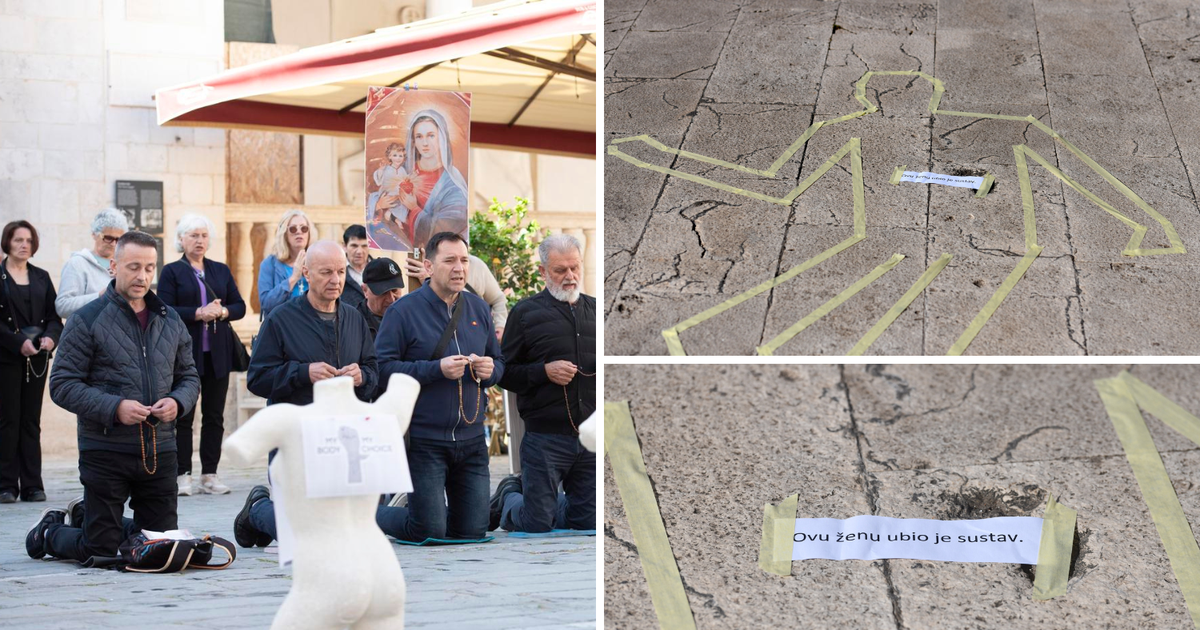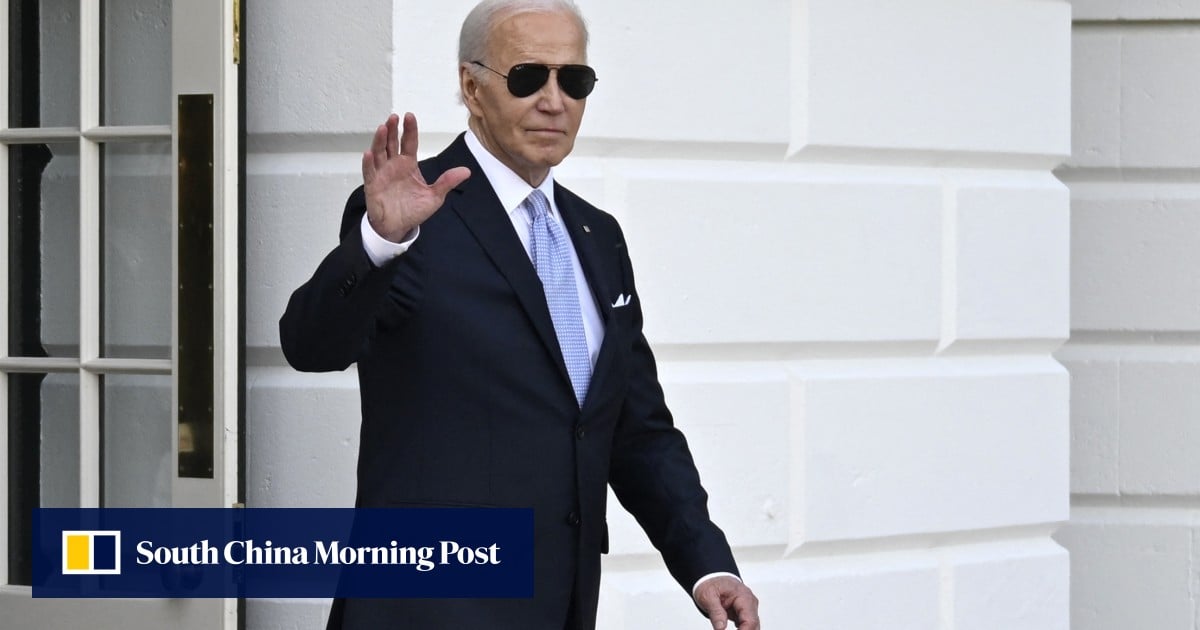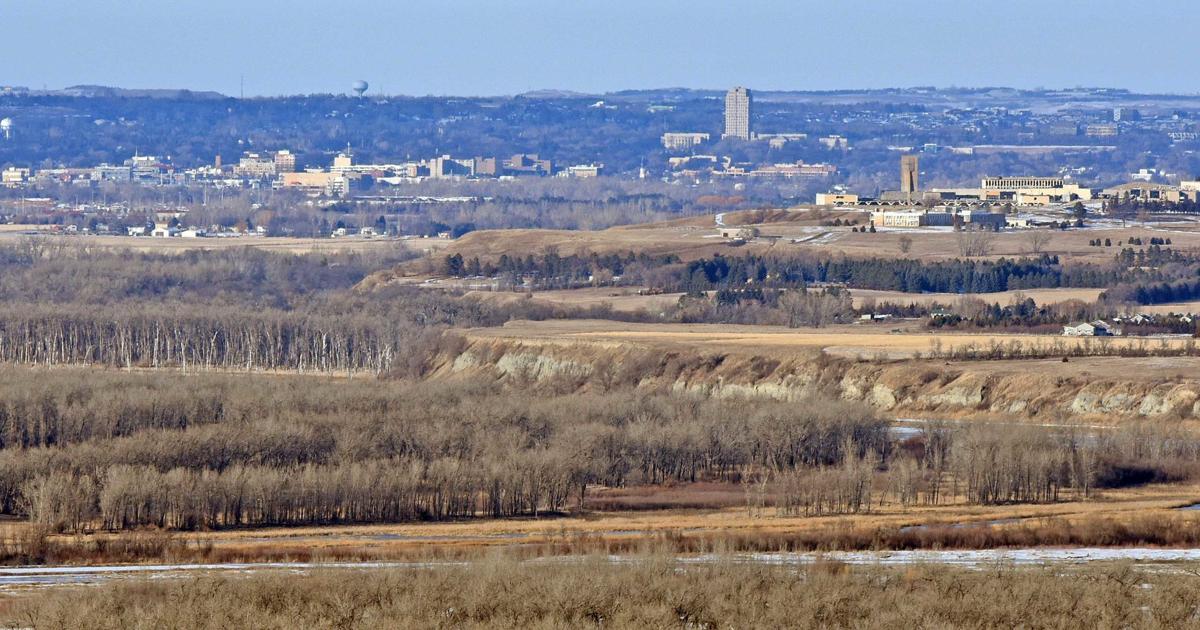:quality(75)/cloudfront-us-east-1.images.arcpublishing.com/elcomercio/LAM6KBQ75ZHM7J7BD4FJRD2MVE.jpg)
The escalation of tensions between Iran and Israel, longtime adversaries for over four decades, reached a boiling point after the bombing of the Iranian consulate in Damascus on April 1. In retaliation for the attack, which resulted in the deaths of seven members of the Revolutionary Guard, Iran launched a missile and drone attack against Israel on April 19. The Israeli response prompted reports of explosions near the city of Isfahan and the suspension of flights over Tehran and other cities.
Prior to the Israeli response, tensions had been mounting as Iran declared that it may reconsider its nuclear doctrine and policy if Israel threatened to attack its atomic centers. The commander of the Revolutionary Guard responsible for safeguarding Iranian atomic facilities warned that Tehran would retaliate by attacking Israeli nuclear facilities if Israel initiated a similar attack. In response to these threats, Iran temporarily closed its nuclear facilities for security reasons, as reported by the International Atomic Energy Agency.
Despite the collapse of the 2015 nuclear agreement with six major powers, Iran has made significant progress in its nuclear program. According to reports, Iran produces highly enriched uranium up to 60%, which has potential military uses. Amidst international condemnation and coordinated sanctions by the US and UK, the effectiveness of sanctions as a tool for inducing behavioral changes by government actors remains in question. Tensions between Iran and Israel continue to rise, with international leaders closely monitoring the situation.
The latest clash between these two countries highlights their longstanding animosity and raises concerns about a potential conflict with wider regional implications. As tensions escalate, both sides are taking increasingly aggressive actions that could lead to an unintended consequences that could have disastrous consequences for not only them but also for neighboring countries.
It is important for all parties involved to exercise restraint and engage in diplomatic efforts to resolve their differences peacefully. Failure to do so could lead to further instability in an already volatile region and increase the risk of war.
As such, it is crucial that international leaders work together to put pressure on both sides to de-escalate tensions and find a peaceful solution to their differences. This requires dialogue at all levels, from high-level talks between heads of state to grassroots initiatives aimed at building bridges between communities divided by conflict.
Only through cooperation can we hope





